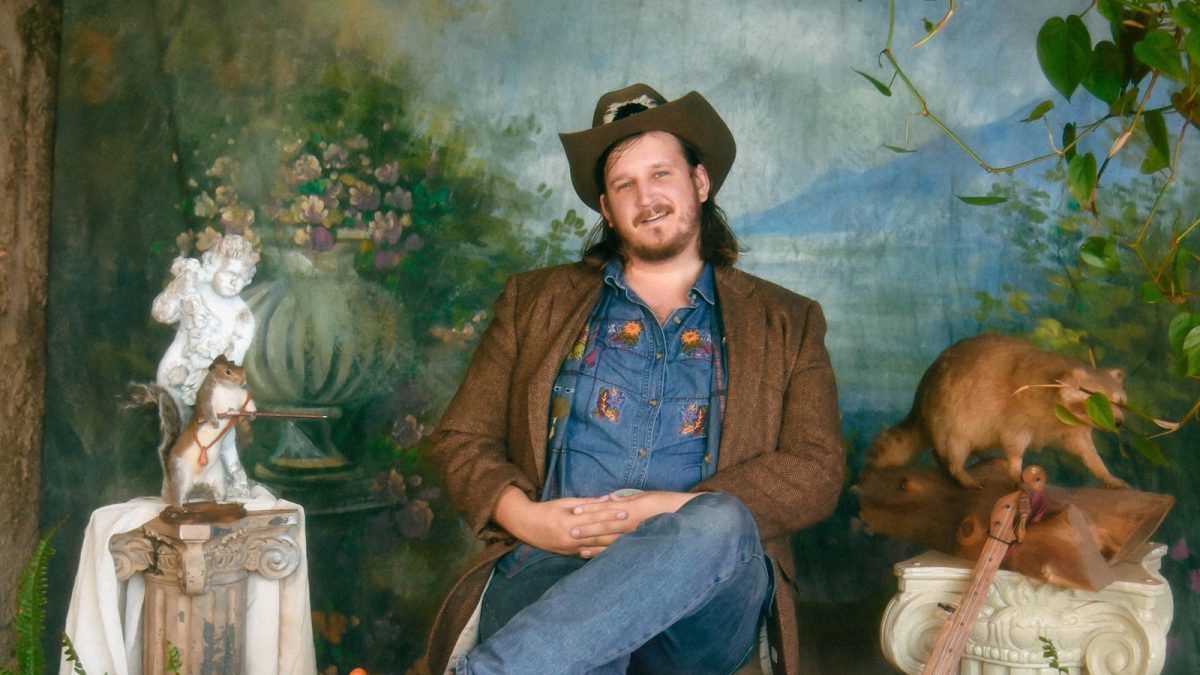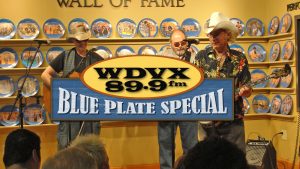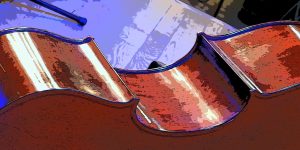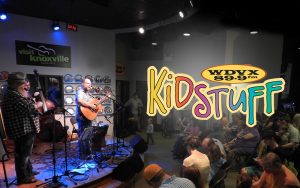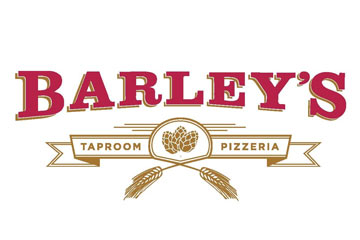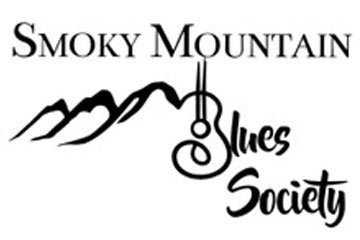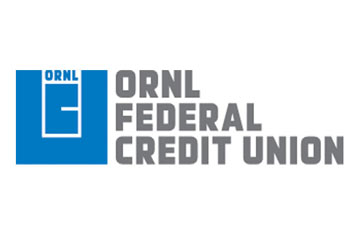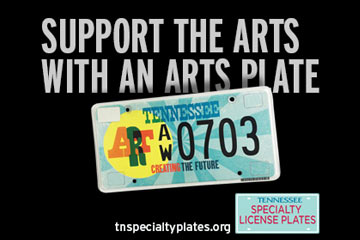
- This event has passed.
The WDVX Blue Plate Special – 4/23 – Willi Carlisle / The Gypsy Fuego
April 23, 2024 @ 12:00 pm - 1:00 pm
For folksinger Willi Carlisle, singing is healing. And by singing together, he believes we can begin to reckon with the inevitability of human suffering and grow in love. On his latest album, Critterland, Carlisle invites audiences to join him: “If we allow ourselves to sing together, there’s a release of sadness, maybe even a communal one. And so for me personally, singing, like the literal act of thinking through suffering, is really freeing,” he says.
Rooted in the eclectic and collective world of his live shows, Carlisle’s third album, Critterland takes up where his sophomore album, Peculiar, Missouri left off, transforming Peculiar’s big tent into a Critterland menagerie and letting loose the weirdos he gathered together. The album is a wild romp through the backwaters of his mind and America, lingering in the odd corners of human nature to visit obscure oddballs, dark secrets, and complicated truths about the beauty and pain of life and love.
Produced by the GRAMMY Award-nominated Darrell Scott and to be released Jan. 26, 2024 by Signature Sounds, Critterland considers where we come from and where we are going. On the album, he takes on human suffering through stories about forbidden love, loss, generational trauma, addiction, and suicide, believing that by processing the traits and trauma we inherit, he can reach a deeper understanding of what it means to succeed and to exist.
“In many ways, the suffering that has gotten us here is going to control us. Our superstition and our prejudice is going to control us,” Carlisle says. “But in another way, we’re physiologically set up to be instantaneously expressive of all of those feelings. And what comes out in moments of collectivity, is not just singing, but what I’d hope is a national reckoning with these various different kinds of suffering.”
Throughout Critterland runs Carlisle’s unease with the tension between love and the reality of an often painful world. He’s adamant that everyone should find and feel love, including queer love, love with no reproductive purpose, and love of ourselves; “I think at the heart of the record is the conflict between those two things, between doomed love and the possibility that that love creates,” he says.
But for Carlisle, finding the possibilities that love creates is often tinged with profound sadness, and he describes Critterland as “more of a Sunday morning crier than a Saturday night banger.” On “The Arrangements,” he speaks as a son ruminating on the traits he’s inherited from an imperfect father as he prepares for the man’s funeral; in “Dry County Dust,” he revels in the simple trappings of country life he loves intimately, like home-made jam and backyard chickens, all while considering the shackles of expectation; in “The Great Depression,” a dust bowl ballad heavy with implications for our current era, Carlisle leans on the term’s double meaning; with “I Want No Children,” he unapologetically requests that his family name die with him; and in the album’s final track, “The Money Grows on Trees,” he crafts an outlaw tale into a seven-minute indictment of capitalism and greed.
Carlisle wants not only to process pain, but to seek meaning in it. In the middle of the album, in “Two Headed Lamb,” Carlisle riffs on a poem by Laura Gilpin, in which the doomed lamb [4] lives for a short, bittersweet moment in a world that reflects its abundance: “and I know scattered o’er the cursed world / there are frightening bones to find/ bones of people born too soon, lambs too strange to survive,” Carlisle sings, “and as he walked out that mornin’, the old man didn’t look to see /out of season sweet persimmons in the old-growth tree.” By adding a farmer who’s failed to grasp the beauty of the moment, Carlisle raises the story’s stakes to meditate on who and what the world allows to thrive and how we perceive what falls outside of our expectations.
For Carlisle, the album’s also an opportunity to strike a tricky balance. Acutely aware that his song “Cheap Cocaine,” resulted in some of his early success, he’s careful now how he talks about drugs. Older and wiser, he wants to consider addiction and its destruction without completely eschewing drug use. “I want to be able to write about drugs in a way that isn’t glorifying, but has a social purpose. And I don’t feel like we’re doing that with Americana music much,” he says.
Treading lightly along that line, Carlisle penned the album’s penultimate track, “When the Pills Wear Off,” with Billy Keane. Thriving on a haunting, sweet refrain that braids illicit queer love and drug addiction into one story, Carlisle searches for the nuance in his character’s pain and shame: “I lost friends to heroin, plenty more to lovin’ them / Strung out on the highway like we couldn’t read the signs / Now that I am older and burn a little colder / I know how to read between the lines.”
In between the lines Carlisle finds life’s lessons, insisting that complication is important and cautioning listeners not to take his exploration and quest for understanding as a recommendation: “I don’t want to hit rock bottom. I’m not advocating to not have children. I’m not advocating to be a drug addict,” he says. “I’m saying that you got to shine a light on the worst impulses to see where they go to, so that you’re not afraid of them, and so that you can guide yourself into more love with greater certainty.”
And as always, living in a world whose politics seek to divide and control, Carlisle comes back to one essential question: “How do we save love from hate?” Sing along and find out.
Kukuly and the Gypsy Fuego‘ is a Knoxville based acoustic ensemble that plays Hot Jazz inspired by the music of legendary French Gypsy guitarist, Django Reinhardt, and jazz violinist, Stephane Grappelli. The band’s extensive repertoire includes swing standards, ballads, bossa novas, tangos, waltzes, Latin songs and other vintage-jazz sources done in uniquely arranged styles. Playing everything from Django Reinhardt through Les Paul and Antonio Carlos Jobim, ‘Kukuly and the Gypsy Fuego’ plays jazz that knows no border. The lineup includes: Guitarist and vocalist kukuly Uriarte; Violinist Seth Hopper; Guitarist and vocalist David Bivens; Drummer Kevin Krapf; sax, flute and clarinet player Anna Helms and Cello player Andy Bryenton, who is also the principal cellist for Knoxville Symphony Orchestra.
